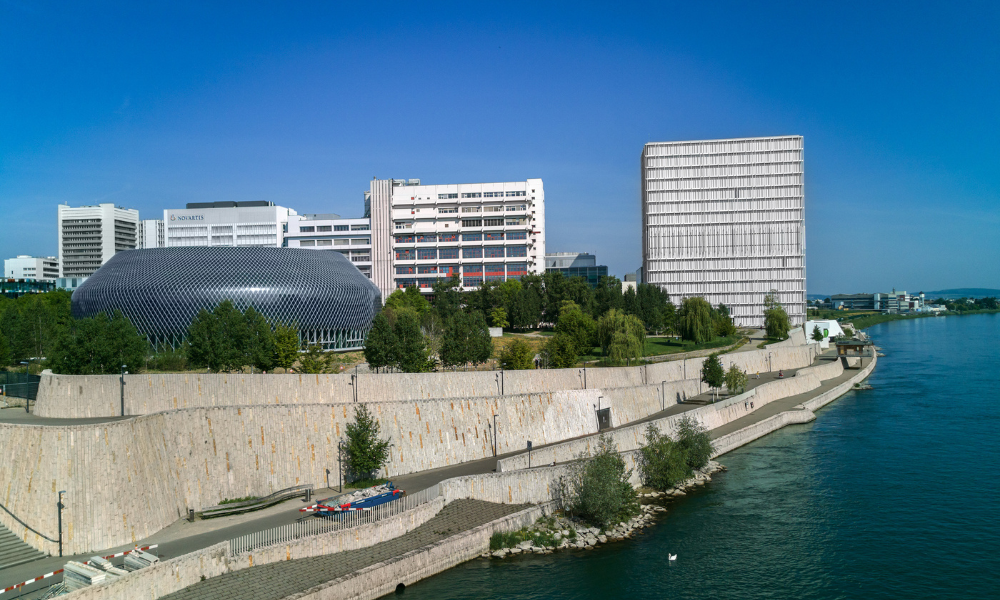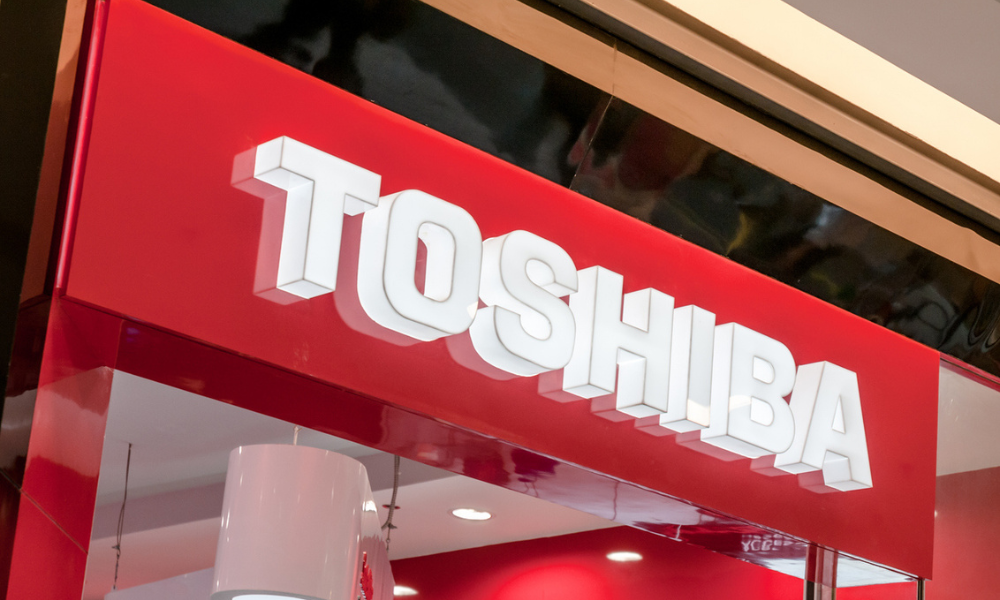An inaugural study by LinkedIn shows that money isn’t the main thing on everyone’s minds

Almost one in two Singapore employees’ ultimate aspiration throughout their career is work-life balance, according to a new study by LinkedIn.
Which work opportunities they take up is also based on whether they’re able to utilise their skills. About one in three cite learning a new skill and almost one in four, learning a new technology, as their career aspiration.
Work-life balance also ranks highly for employees in Australia (46%), Malaysia and the Philippines (both at 44%). Singapore tops the list with 48%.
In addition, across the Asia Pacific region, including Singapore, majority (90%) believe working hard is the currency to get ahead in life. Interestingly almost an equal number of workers (85%) feel that knowing the right people or having the right connections will get you far.
Equal access to opportunities (83%) was also cited as an important factor for success.
Close on the heels of these factors are willingness to embrace change and level of education, both at 81% of respondents.
Two in three respondents in APAC feel “good luck” also play a part in getting them ahead in life. Within the region, people in Hong Kong (77%), Japan (76%) and Chinese Mainland (71%) feel most strongly about this.
Perceived barriers to success
On the other hand, the top barriers people felt they needed to overcome in order to access and realise opportunities are one’s financial status (30%), followed by lack of a strong network and connections (22%).
Other roadblocks include a difficult job market (19%), lack of required professional skills (18%) and lack of direction and guidance (18%).
“We believe that access to opportunity should be universal and for everyone,” said Olivier Legrand, managing director at LinkedIn in Asia Pacific. “With the inaugural LinkedIn Opportunity Index, our aim is to gain an insight into the aspirations of people across APAC, how they feel about the opportunities they want to pursue, as well as the barriers that may stand in their way.”
Commenting on the Index, Dr Tan Ern Ser, Associate Professor of Sociology from National University of Singapore pointed out that it revealed an underlying pattern: greater optimism from developing markets and less from the developed markets.
“This raises the question, should developed markets therefore chase a ‘good-enough life’ rather than a ceiling-less good life? This question is quite pertinent as the study suggests that work-life balance is an aspiration for most people in APAC,” Dr Tan said.
“The barriers to realising opportunities in life are very real, and despite the diversity of the region, there are more similarities than differences when it comes to our hopes and aspirations.”








